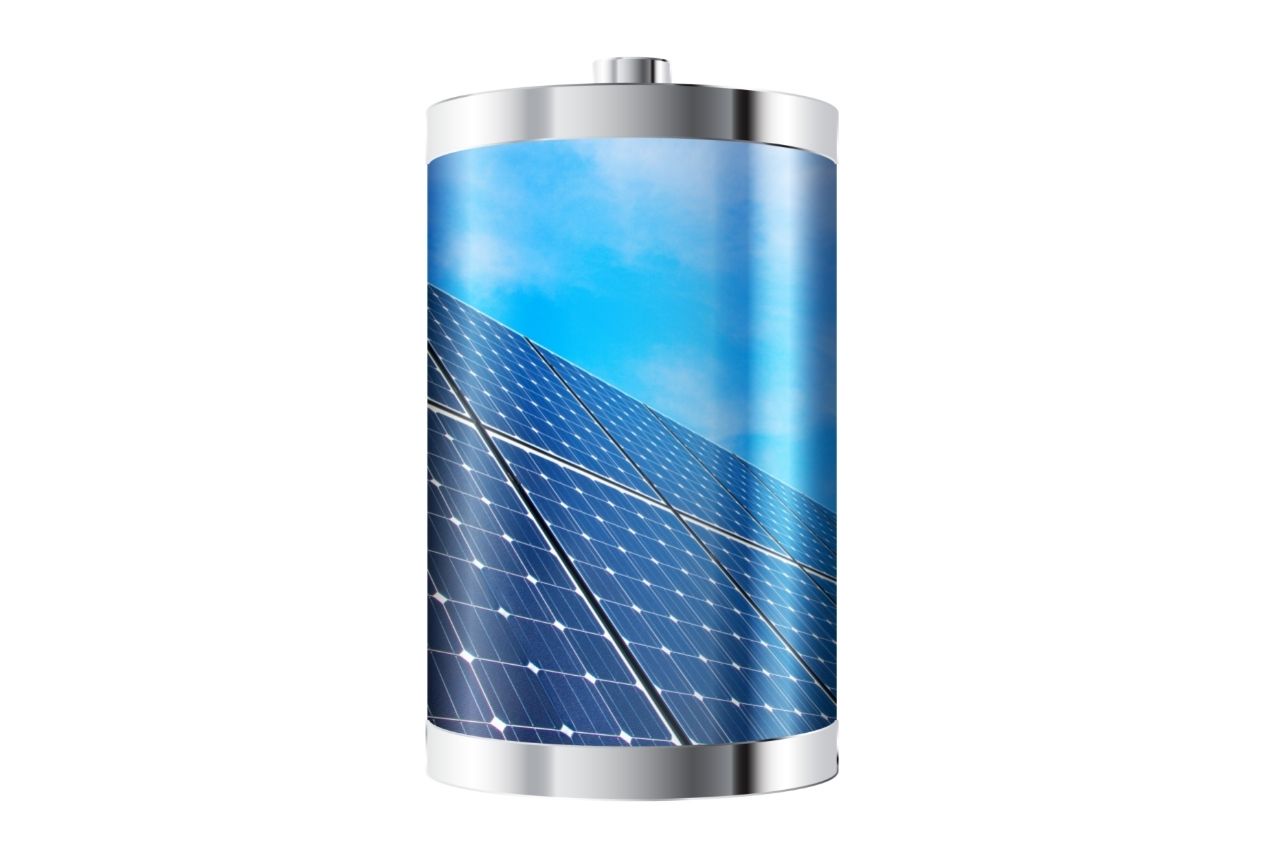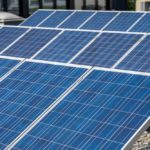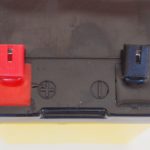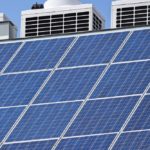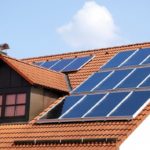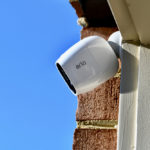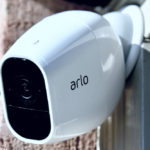No matter exactly why you’re using solar power – whether it’s at home, or while camping outdoors – you’re likely wondering just how you can get the most out of it. Well, adding battery storage is always a great idea, but exactly how much do you need?
Well, it’s not too hard to work out, but it really depends on your energy needs, and just how much energy your solar panel can actually make!
How Much Energy Does My Solar Panel Make?
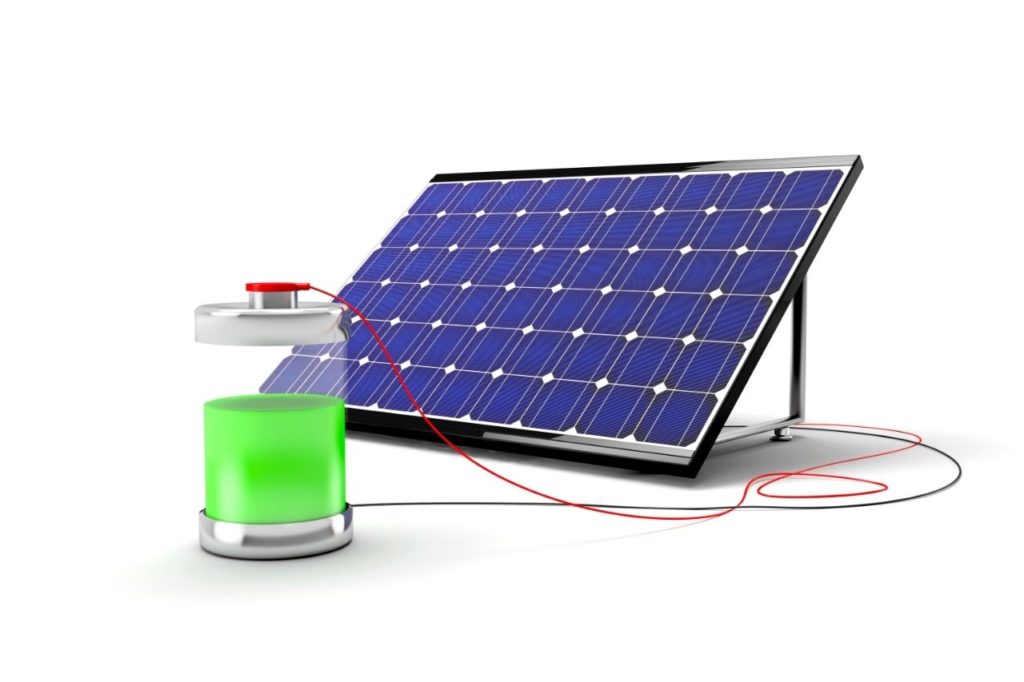
We can measure the energy output of a solar panel in a few different ways.
Firstly, if we want to know how much power we can get from a 100w solar panel, we can look at the watt hours. Watt hours are a unit of measurement of power over time. One watt hour equals a watt of power, over an hour. Pretty simple! The power output of your solar panel setup is affected by a few different factors – more on those later. However, in optimal conditions, you can expect somewhere between 600 and 700 watt hours, over a 24-hour period.
This of course assumes that you’re getting the most direct sunlight possible – i.e. that your panel is in full sun for as long as the sun is out, and also that the panel is always at the best angle to catch the sunlight. That works out to an equivalent of 6 to 7 hours of peak input and output at 100w from your 100w solar panel.
You’ll get more energy or less energy depending on your panel’s output rating, of course.
The other way we can look at the energy of the solar panel is by measuring the amperage, and the amp hours – values that tells us the amount of electric current that’s being output, and in the case of amp hours, the amount of current over a time period – one hour.
Looking at the amps, we can see that an average 100w solar panel can produce somewhere in the region of 5 to 6 amps per hour, assuming ideal conditions again. Over a 24-hour period, this works out at somewhere in the region of 30 amp hours per day.
Smaller measurements over time of course exist – for instance, you may be familiar with milliamp hours, or mA h – these are common ratings on batteries for cell phones, tablets, laptops, and so on.
What Affects How Much Energy My Solar Panel Makes?
The first thing that affects your solar panel output is the rated output of the panel itself! A single 100 watt solar panel isn’t going to be able to match the 200 watts that a 200 watt solar panel produces during peak sun hours. Therefore, it’s important to make sure that you pick the right sized solar installation for your power needs.
After all, all the solar energy you need could be there for the taking on a good day, if you’ve got a solar setup that can take advantage of it – covering all of your electricity needs without anything more than a bit of technology and some sunlight.
However, if the sun just isn’t shining too brightly through a sky full of clouds, then it stands to reason that the power output of your solar installation will naturally fall – after all, the sun is the power input, and the less sun there is, the less solar power there is!
This means that it is important to understand that you’re going to need to account for the less sunny days – and depending on where you are, that might really affect the amount of electricity you have available. Shorter days will produce less electricity too, even if they’re cloud free – there’s just less time with the sun out! The less time that your solar panels have to catch sunlight, the less energy you’ll get.
And the night – well, it’s right out. They’re called solar panels, not lunar panels! You’ll get very little to absolutely nothing from a solar panel at night – if you’re lucky, maybe a trickle from street lights. However, the night is when your batteries come in to play. Most of the time, without a working battery, you’re going to be completely out of power at night.
This is why it’s so important, if you’re going to be relying on solar power, to make sure you have a battery or batteries on hand to store any excess power that you’re not using during the sunnier hours. The daytime is the perfect – and pretty much the only – time for you to charge batteries with a solar panel setup.
The power you get from a solar panel is also affected by the angle of the sun – and, consequently, the angle of the solar panel itself! After all, sunlight isn’t going to just bend around corners or lean over the top of a solar panel – you need to make sure that it’s continually pointed at the sun to get the most, or in some circumstances any power.
How Many Batteries Do I Need?
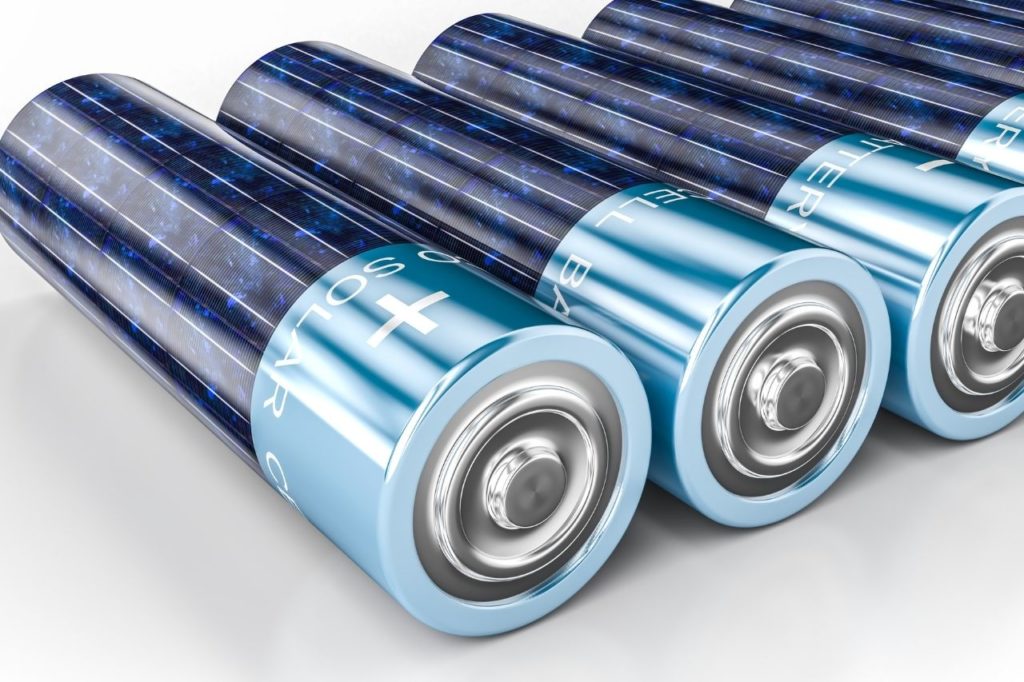
As for how many batteries you need, well – that’s completely up to your energy needs, and the output of the panels in your solar panel installation – which of course is influenced by which size solar panel and how many solar panels you have.
You need to make sure that your battery can store at least twice the daily output of your solar panel – which is itself of course affected by various factors, such as weather, time of year, and where on the planet you are.
If you have a 100 watt solar panel, this means that you’ll be outputting 30 amp hours per day in the best conditions. This means that a 100 amp hour battery would cover all of that and more, coming well within this rule of thumb.
You can of course get larger batteries, or more batteries than this. However, be aware that when charging batteries, the more you have, the longer it will take you, of course. If your energy usage is more than the amount of solar power that you’re able to access with your solar panels, then no matter how big your batteries are, you’ll inevitably run out – so it’s important to be aware of your usage and needs when building your solar array.
And, of course, always make sure to add a little extra, just in case your needs expand in the future. It’s always better to have it and not need it, than the other way around!
Conclusion
Hopefully this article has cleared up some issues for you, and helped you decide just how many batteries you need for your 100 watt solar panel!

